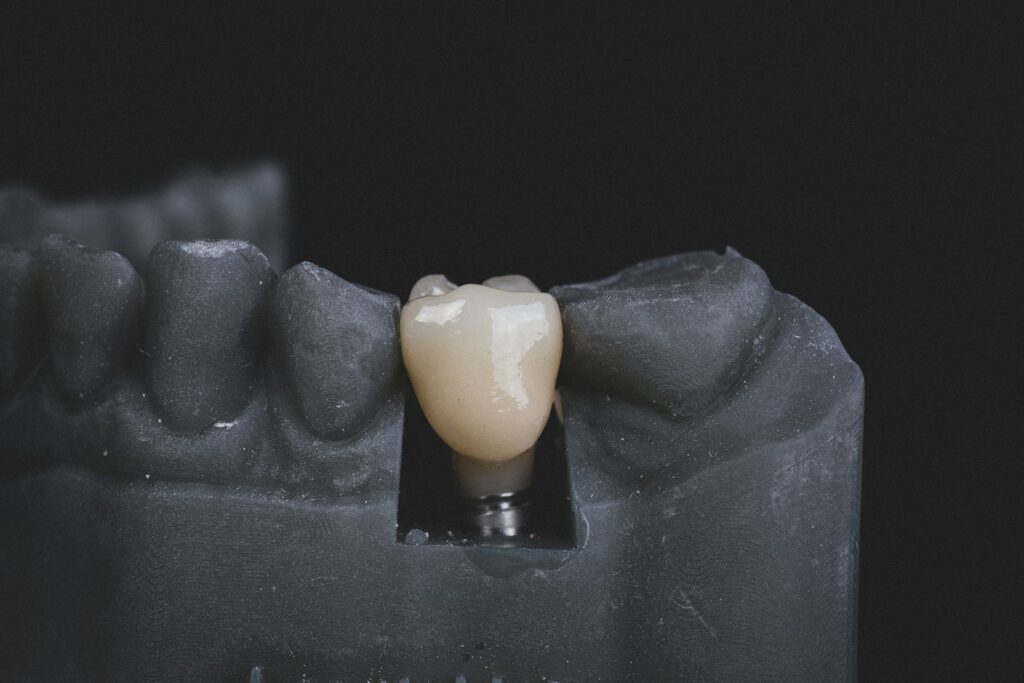Now Reading: The Connection Between Massage and Mental Health
-
01
The Connection Between Massage and Mental Health
Massages are often associated with relaxation and physical rehabilitation. But did you know that they also play a significant role in improving mental health?
While we often focus on the physical benefits of massage therapy, such as pain relief and reduced muscle tension, its impact on the mind is just as powerful.
Whether you’re coping with stress, anxiety, or even symptoms of depression, incorporating massage therapy into your wellness routine could make a noticeable difference.
This blog will take you through the growing connection between massage and mental health, backed by science, expert insights, and a closer look at how holistic care can transform your overall well-being. a
How Massage Therapy Impacts Mental Health
Massage therapy isn’t just a luxury treatment—it’s an effective tool for enhancing your emotional and psychological well-being.
Several studies show that massages stimulate the body’s relaxation response by lowering cortisol levels (the stress hormone) and increasing serotonin and dopamine production, which are closely linked to mood regulation.
When we’re less stressed, we think more clearly, feel more positive, and sleep better, which are all fundamental for good mental health.
The Science of Relaxation
How Does Massage Reduce Stress?
Stress can manifest physically in the form of headaches, tense muscles, and fatigue, often making day-to-day life overwhelming.
Massage therapy addresses these physical symptoms by improving blood flow and relaxing muscles, which signals the brain to calm down. This creates a loop where mental tension is also reduced.
Additionally, massage therapy activates the parasympathetic nervous system—the body’s “rest and digest” mode. If you’ve been stuck in a vicious cycle of constant stress, a professional massage session can help break that pattern.
Cortisol and Your Mood
Chronic stress leads to higher cortisol levels, which can impact your mood and trigger mental health conditions such as anxiety or depression.
Thankfully, massage therapy has been proven to reduce cortisol by up to 30%, leaving you feeling lighter and more at peace.
Can Message Therapy Help with Depression?
While massage therapy isn’t a replacement for traditional mental health treatments like psychotherapy or medication, it can complement them.
The gentle, non-invasive touch of massage therapy fosters a sense of safety and comfort. For individuals dealing with depression, this can help alleviate feelings of isolation or disconnection.
Boosting “Feel-Good” Hormones
Massage therapy stimulates the release of serotonin and dopamine—chemicals in your brain that regulate emotions, promote happiness, and stabilize your mood.
Regular sessions can help cultivate a natural state of relaxation, making it easier to cope with life’s challenges.
Alleviating Anxiety Through Massage
Anxiety disorders affect millions of people globally, and while there are many treatment options available, massage therapy stands out as a natural, non-invasive method of relief.
Muscle Tension and Anxiety
When you’re anxious, your muscles tense up. This physical tension can perpetuate anxiety, creating a feedback loop of discomfort. Regular massages not only release this tension but also help retrain your body to operate in a more relaxed state.
The Role of Breathing
You’ve probably noticed how a massage therapist encourages deep breathing as part of their treatment.
Deep breathing activates the parasympathetic nervous system, reinforcing your body’s natural relaxation mechanisms and helping you maintain calm, even outside of your massage appointments.
The Role of Massage in Mindfulness Practices
Staying Present
Massage therapy encourages mindfulness—the practice of living in the moment. By concentrating on the sensations of the massage (like the pressure or warmth), your mind stays focused on the present instead of dwelling on worries.
Building Long-term Resilience
Massage therapy, combined with mental health practices like meditation or yoga, can gradually help you develop better mental resilience by improving both physical and emotional awareness.
Why Choose Professional Massage Therapy?
Tailored for Your Needs
When considering the role massage can play in your overall mental health strategy, professional therapy makes a difference. Clinics offer a range of services such as Swedish, deep tissue, and aromatherapy massages.
These services are not only designed to promote relaxation but also strategically target the root causes of your stress or discomfort with expert, personalized care.
A Holistic Approach
Places like Helix integrate multiple services—including physiotherapy and manual osteopathy—with massage therapy to create a well-rounded approach to wellness.
This comprehensive care ensures that both your physical pain and mental stress are addressed.
Convenient and Accessible
If you’re in Ottawa, visiting https://helixclinic.ca/ is a crucial step toward your mental and physical well-being. They even offer direct billing and flexible hours for customer convenience!
Building Community and Connection
One underrated benefit of regular massage therapy is the community it helps build. By visiting a trusted clinic, you’re not just investing in your health—you’re joining a space that values wellness, connection, and compassion.
Many clients feel an emotional boost simply from knowing they’re taking proactive steps for their health. Clinics like Helix embody this through their patient-focused care, making every session about more than just physical treatment.
Actionable Steps to Enhance Your Wellness
1. Schedule Regular Massages
Make massage therapy a part of your routine—aim for at least once a month for consistent mental health benefits.
2. Mix Massage with Other Wellness Practices
Boost results by pairing your massage routine with mindfulness techniques, yoga, or meditation.
3. Consult Professionals
For tailored care, book an appointment at https://helixclinic.ca/ where skilled professionals work to address both physical and mental health needs.
4. Stay Consistent
Mental health improvements take time. Stick to a wellness plan and track your progress to truly see the benefits.
Improve Your Well-being Today
Massage therapy is more than a luxury—it’s a proven, natural method for supporting your mental health. From reducing stress to alleviating symptoms of anxiety and depression, the benefits of regular sessions go far beyond just relaxation.
If you’re ready to take the next step in your wellness journey, connect with an expert team. From customized massage treatments to a holistic approach to health, they’ll help you regain balance in both body and mind.
Related Posts
Stay Informed With the Latest & Most Important News
Previous Post
Next Post
Previous Post
Next Post
56 years ago
Gaming's Technological Revolution
56 years ago
Transformative Technology Changing How We Live
56 years ago
Home Maintenance Myths That Cost You Money



























